Many people who are interested in buying floor tiles, ask what the porcelain tiles shop near me are. Porcelain is a type of ceramic tile that is stronger, harder, and more water-resistant than normal ceramics, which are already extremely durable. Porcelain tile does this by employing finer-grained clays that are fired at a higher temperature to generate a surface that is harder and less porous than ceramic tiles. The inherent versatility of ceramic tile allows it to offer various advantages as a flooring material, including longevity and design diversity. The downsides of porcelain tiles are their heaviness, coldness, and abrasion resistance. Additionally, they can be slightly more fragile than standard ceramic tiles. Porcelain is a type of ceramic tile that is stronger, harder, and more water-resistant than normal ceramics, which are already extremely durable.

Porcelain tile does this by employing finer-grained clays that are fired at a higher temperature to generate a surface that is harder and less porous than ceramic tiles. The inherent versatility of ceramic tile allows it to offer various advantages as a flooring material, including longevity and design diversity. The downsides of porcelain tiles are their heaviness, coldness, and abrasion resistance. Additionally, they can be slightly more fragile than standard ceramic tiles. Due to the manufacturing process used to make them, porcelain tiles may convincingly replicate a broad variety of various building materials. Without a careful investigation, it may be challenging to differentiate between the two. As with other varieties of ceramic tile, porcelain floor tiles are among the most durable flooring options. Even in professional contexts, porcelain is a durable, sturdy material. It can withstand the majority of heavy weights. Be advised, however, that porcelain’s hardness might make it somewhat more brittle than standard tiles, leaving them more susceptible to cracking. This material should have a PEI (Porcelain Enamel Institute) rating of at least 5, making it suitable for use in heavy machinery and high-traffic areas such as living rooms. You should not install wall-grade porcelain tiles on floors; such tiles are sold as floor tiles. If a porcelain tile is damaged, it can be simply removed and replaced.

Keep one or two more boxes of the product on hand during installation to make color matching easier. The increased density of porcelain compared to other, more porous ceramics makes it more resistant to liquid penetration. With its inherent resistance to water and stains, porcelain is relatively easy to maintain. Spills can be wiped up with a damp cloth when necessary, and periodic sweeping will keep loose debris off the floor. The surface of porcelain tile is simple to clean. Even while porcelain is practically impervious to stains, damage, and water penetration, the grout lines between tiles are nevertheless susceptible to damage. Even after being set, grout remains porous; therefore, it must be sealed to prevent wear and tear. Even when grout is properly kept, moisture and humidity can occasionally cause it to become moldy and mildewed. Modern porcelain tiles are capable of imitating various types of conventional flooring materials, including marble, granite, wood, steel, bamboo, and cork, with great success. This is one of their primary benefits. These might closely mimic the genuine item in appearance. Porcelain allows you to take use of the performance benefits of ceramic tile despite its visual differences from conventional ceramic tile. The installation process for porcelain tiles is identical to that for ceramic tiles, and it can be physically and emotionally exhausting. Due to the material’s exceptional hardness, specialized saws are required for precision cutting. Although employing a contractor to execute the work would greatly increase the project’s cost, it could help you avoid wasting expensive materials. As with other hard-tile flooring options, these materials are often quite heavy. This may limit the use of these objects in positions on the second and upper levels unless the structure is specifically designed to withstand the additional force.

Even though installing porcelain tile is difficult and time-consuming work, a patient do-it-yourselfer with plenty of time can easily save 50% or more on installation costs by doing the work themselves. Porcelain tile offers the same comfort and convenience attributes as ceramic tile, with the difference that it trades durability for a cold hardness that is less aesthetically pleasing than that of many other flooring options. Many users “soften” porcelain tile floors using area rugs. Radiant floor heating systems may convert a generally chilly floor into one that emanates a delightful warmth, and porcelain and ceramic tile floors are ideally suited for their installation. Standard ceramic tile and porcelain tile perform similarly in terms of quality, despite the fact that porcelains are more durable and can be slightly brittle. As a result, cutting porcelain can be more difficult, and less expensive kinds may be more susceptible to cracking under pressure. Occasionally, glazed porcelain can be more slippery than standard tiles, although this issue can be mitigated by choosing tiles with textured, matte surfaces. However, because porcelains are available in imitations of wood, cork, bamboo, marble, and other types of natural stone, they offer substantial design advantages. Porcelain tiles offer greater design flexibility than conventional ceramic tiles. Porcelain floor tiles are an excellent alternative if you desire the performance advantages of ceramic tile in a product that successfully imitates wood, stone, and other flooring materials. If you have experience installing ceramic tiles, you can install your own porcelain tile floor, even though it will be time-consuming and labor-intensive. The result will be a beautiful, durable floor that is also tough and sturdy. Ceramic tile may be the sole flooring material that works in every area of the house. It is commonly utilized in restrooms, kitchens, mudrooms, and other high-traffic areas. In warm climates, tile is also popular in the living areas and bedrooms of many homes. In other words, selecting tile is an obvious choice. This durable and elegant flooring may be difficult for do-it-yourselfers to install, and it can be cold and hard at times. The firm, solid surface of ceramic tiles repels dirt, dust, pollen, and other allergens without retaining them.

When these particles do make contact with a ceramic floor, they stand out against the finish and are easy to remove with a mop or sponge. This helps to keep the air free of allergens and asthma triggers that could be harmful to allergy and asthma sufferers. Ceramic is easy to keep and clean because of its high hardness. Unfortunately, this may also make it difficult and uncomfortable to stand on. In contrast to resilient floors, hard ceramics cannot be softened with a cushioned substrate. This suggests that certain materials may not be suitable for environments where persons must stand for long periods of time. In kitchens, where a dish that is dropped on a hard surface will almost definitely shatter, the hardness can be problematic. Due to the roughness of ceramic tile, rooms used by those prone to falling, such as young children or the elderly, may be difficult to navigate. Using throw rugs or area rugs strategically in locations where people stand for extended periods, such as kitchen work areas, helps mitigate the abrasiveness of ceramic. While some tiles retain heat quite well, all tiles get cold in cold weather, which can be uncomfortable on bare feet in the bathroom or a jolt in the morning. Electric mats beneath the tile or radiant heating in or beneath the flooring are the only options for combating cold tile. There are more information available for porcelain ceramic tiles in our company, contact our sales managers right now.
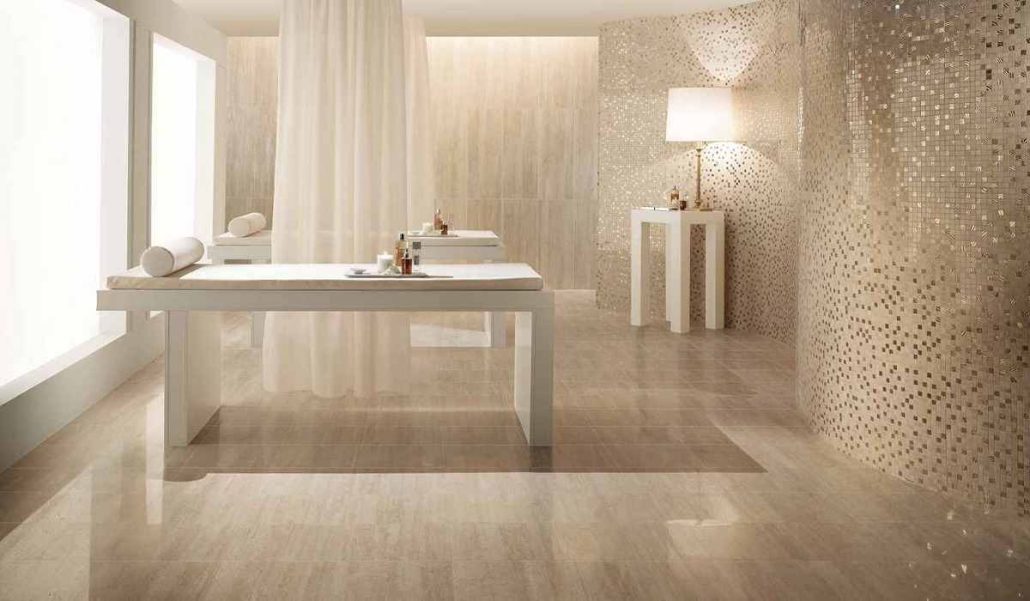
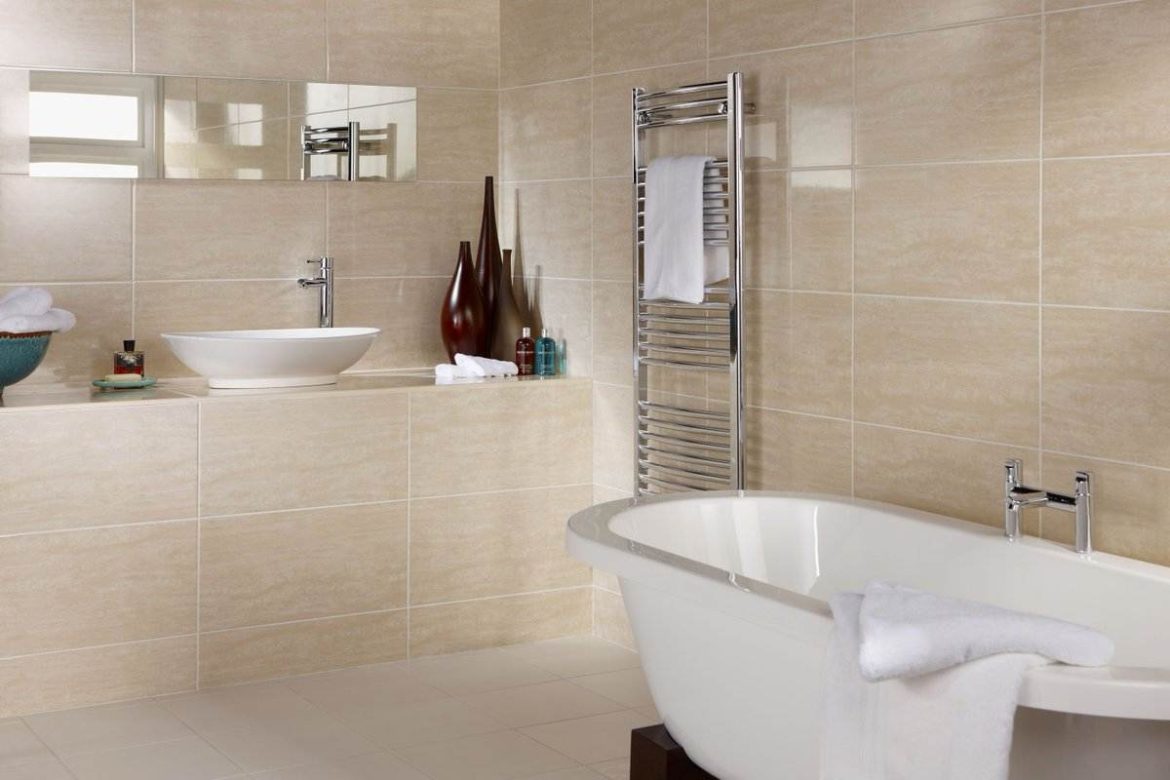
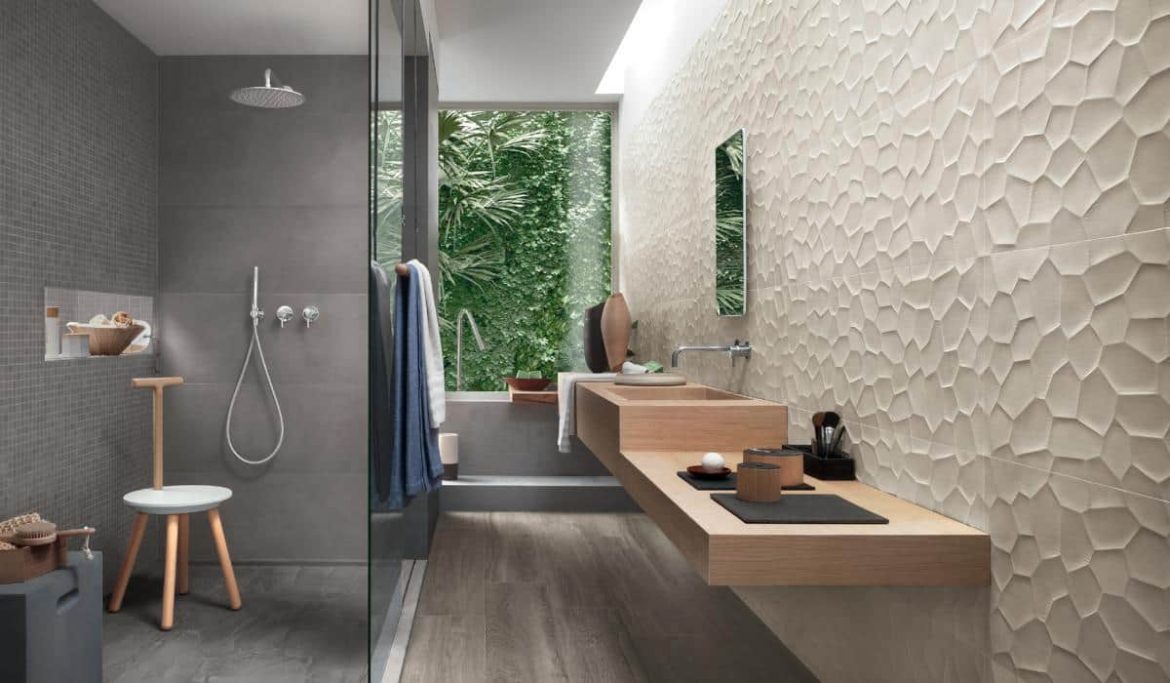
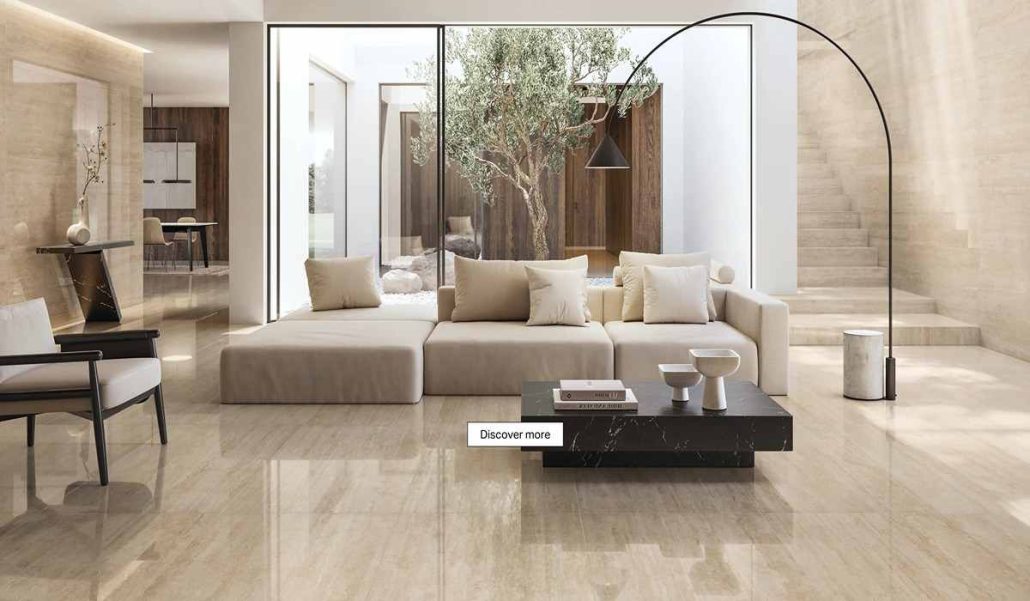
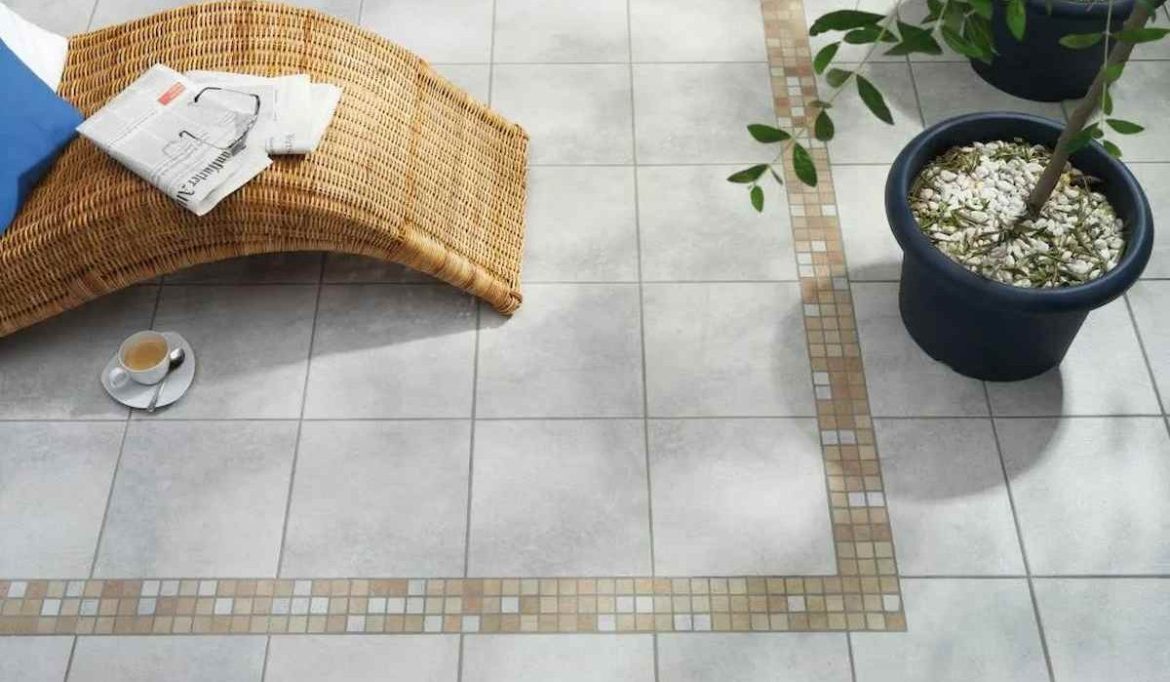
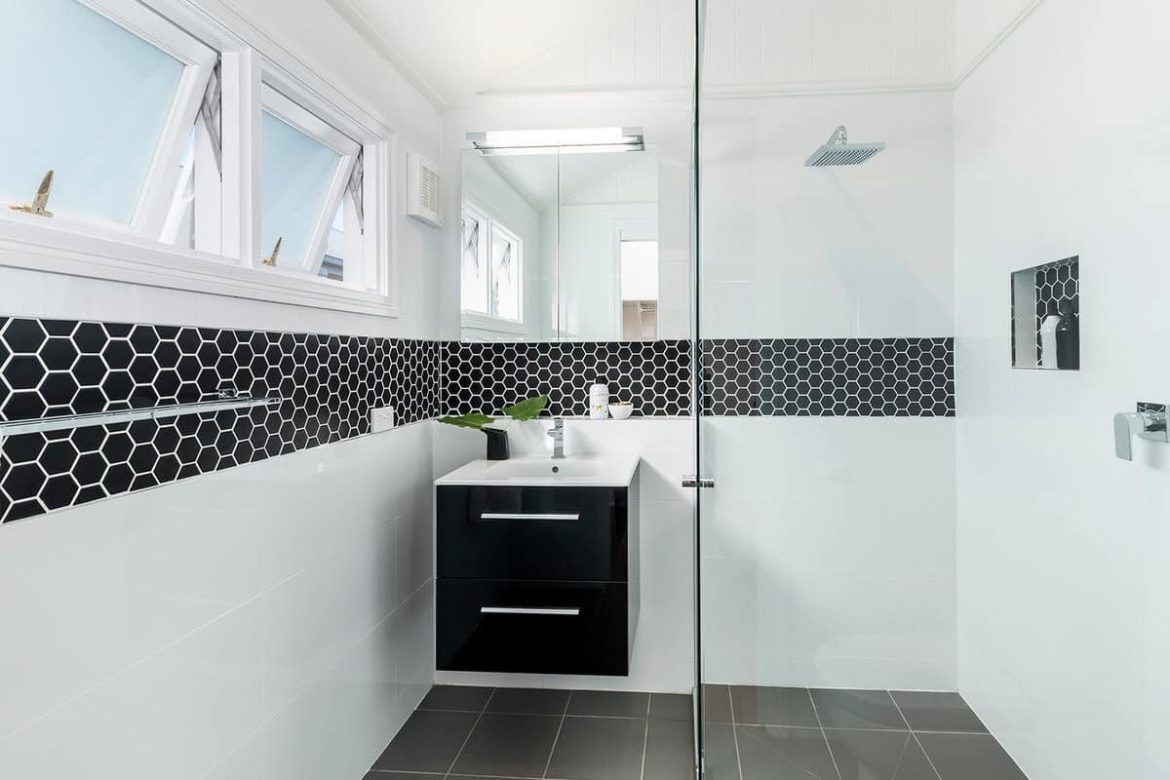
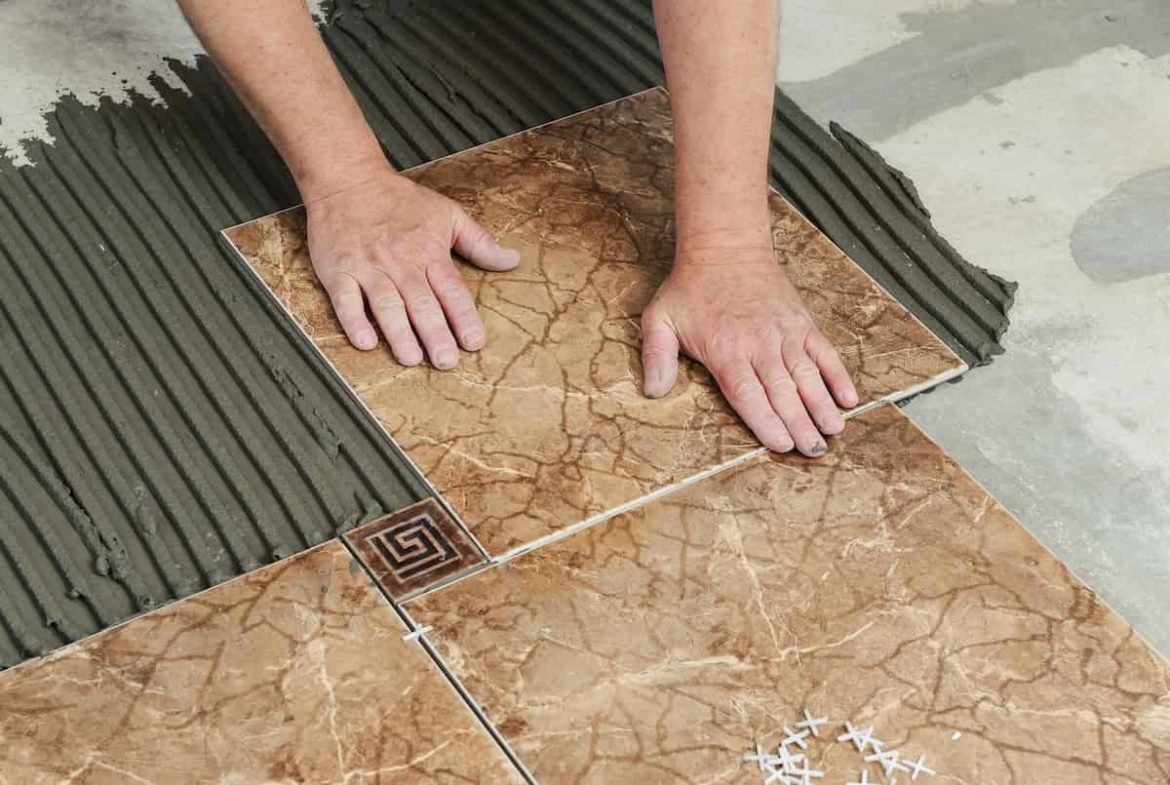
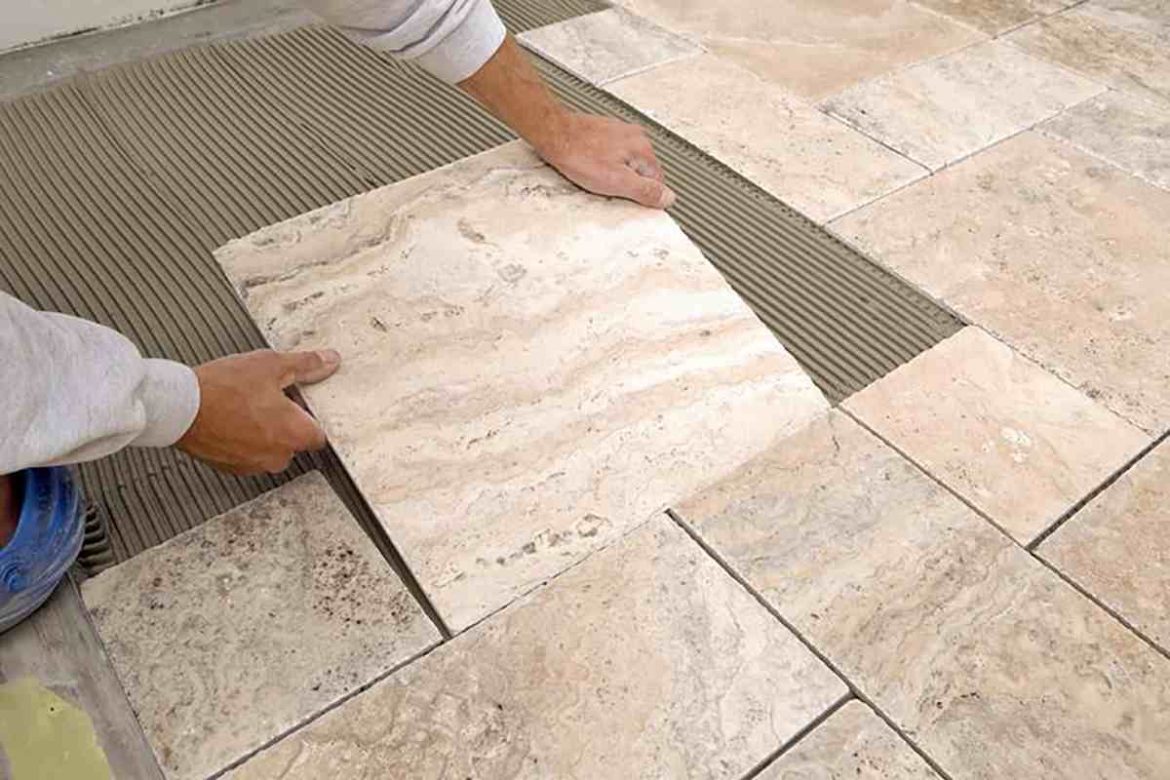
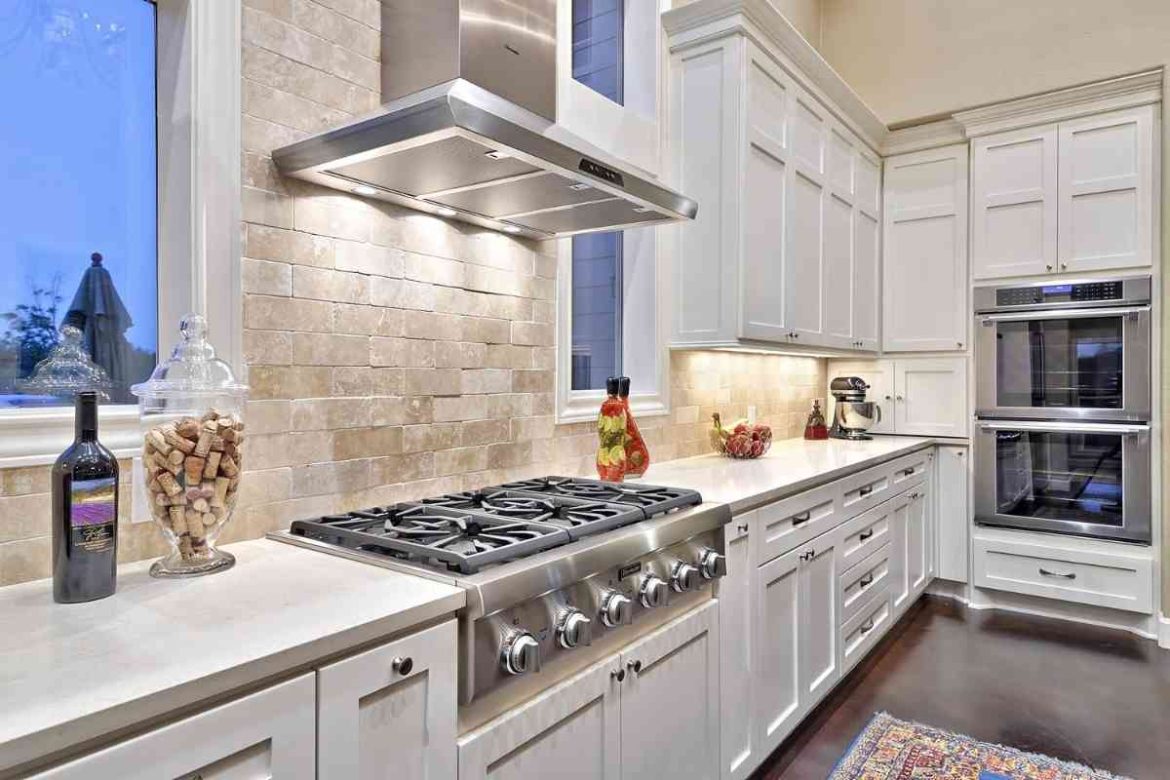
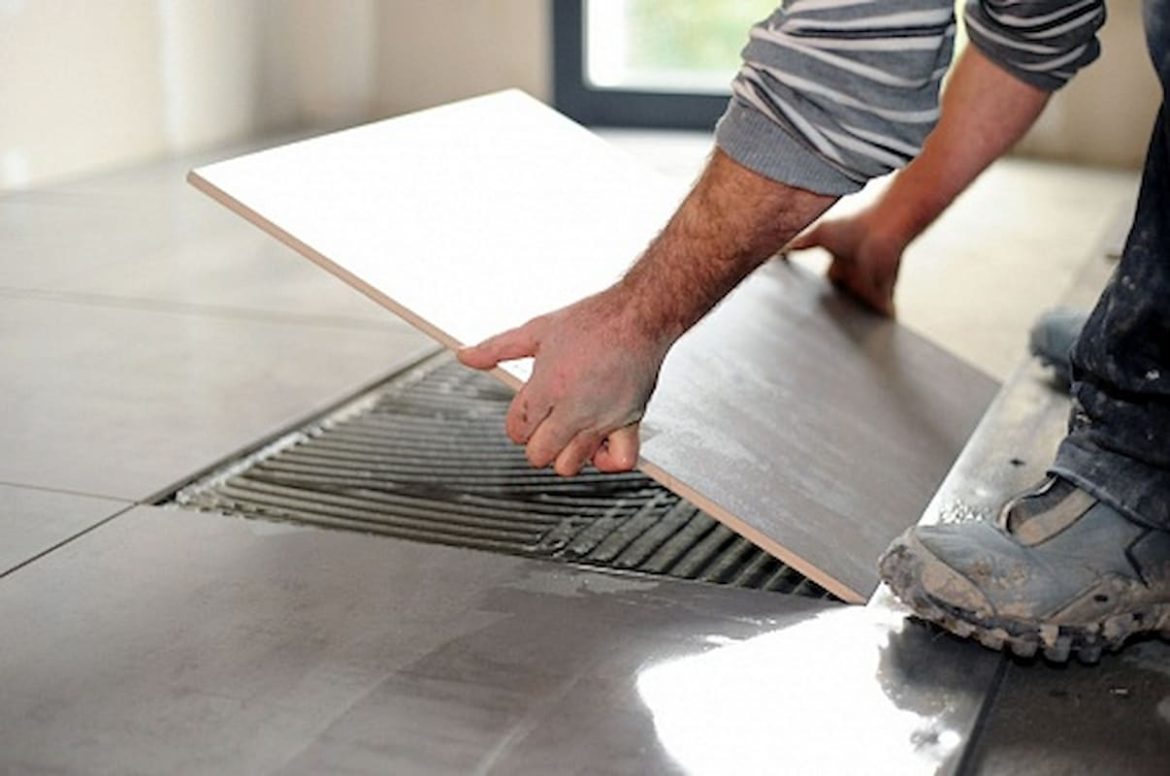
Your comment submitted.